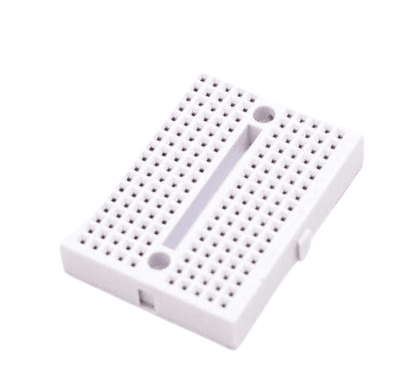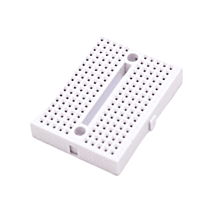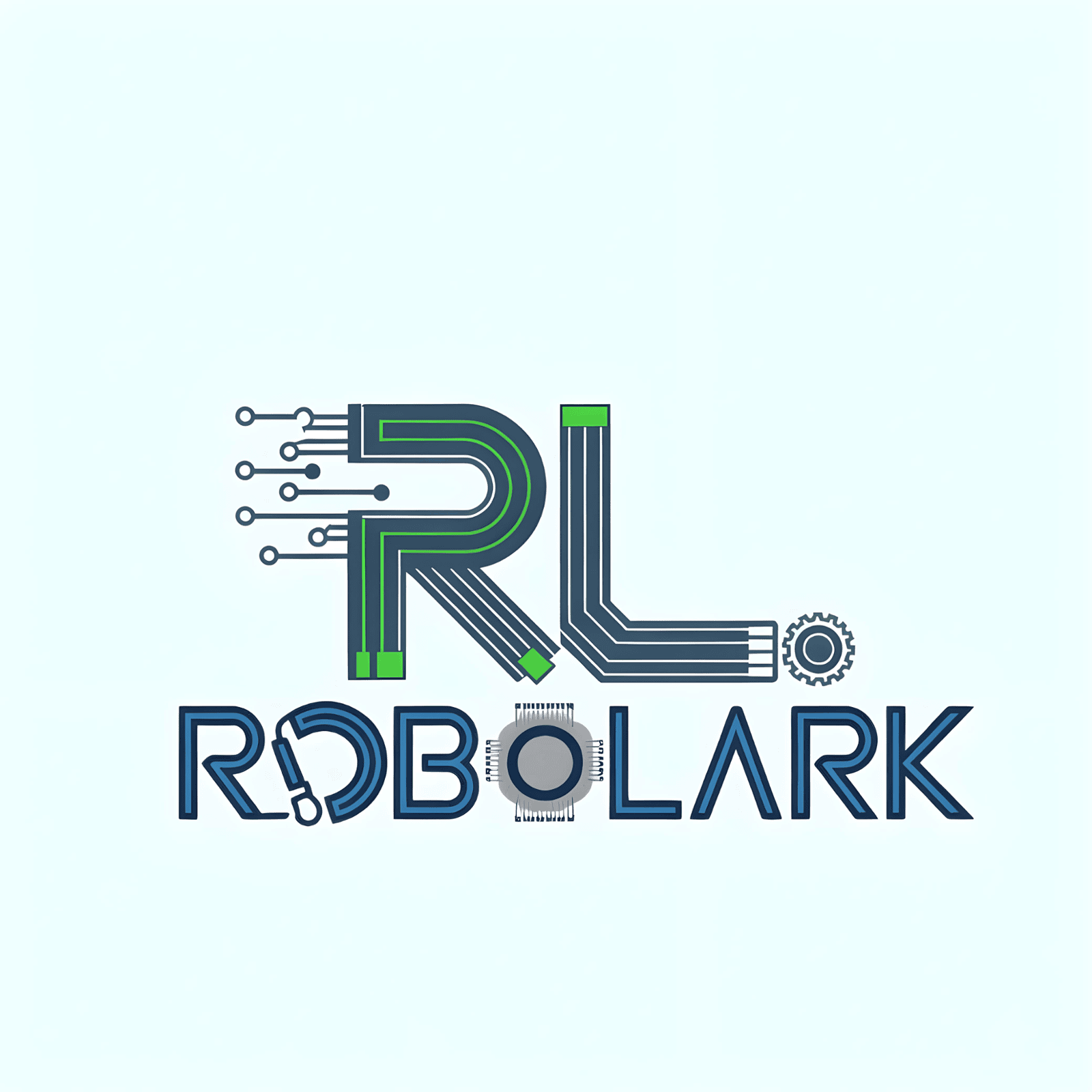



Micro Breadboard - Solderless (170 Tie Points)
Product Details
Micro-Breadboard: A breadboard, in general, is a tool used by electronics enthusiasts, engineers, and hobbyists for creating temporary electrical connections without soldering. A "micro-breadboard" typically refers to a compact version of a standard breadboard. Micro-breadboards are smaller in size and have a limited number of tie points (holes) compared to their larger counterparts.
170 Tie Points: This number specifies the total number of tie points or holes available on the micro-breadboard. In this case, there are 170 tie points where you can insert and connect electronic components, such as resistors, capacitors, integrated circuits (ICs), and wires.
Applications:
Prototyping: Engineers and hobbyists use micro-breadboards to quickly prototype and test electronic circuits before soldering components onto a permanent printed circuit board (PCB).
Education: Micro-breadboards are often used in educational settings to teach electronics and circuitry to students because they are easy to work with and allow for experimentation without the need for soldering.
Temporary Testing: They are used for temporary connections when testing and troubleshooting circuits, making them a valuable tool for diagnosing and fixing electronics.
Compact Projects: Micro-breadboards are ideal for small and compact projects where space is limited.


